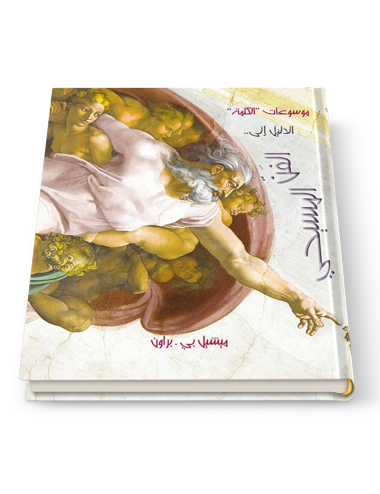Kierkegaard Soren His Life His Works
Suren Kerkegor in Copenhagen on May 5, 1813, both of his father and mother descended from the Jute family, a Germanic tribe that invaded the European continent in the fifth century.
- On sale!
0.126 kg - 318 kg
Suren Kerkegor in Copenhagen on May 5, 1813, both of his father and mother descended from the Jute family, a Germanic tribe that invaded the European continent in the fifth century.
By the time James Joyce wrote "The Fengan Awakening" with its broad view of world history, he might have fully felt that quotes like "modern" or "traditional" no longer made sense when applied to his work, but to his old admirers he is above everything else. : Updated like no other.
Christianity has been a central force in the shaping of western culture. It is not surprising, therefore, that the greatest artists down the centuries have sought to paint its story. This book tells the history of Christian art, exploring the purpose behind the masterpieces and looking at the context in which they were created. The modern secular reader who feels detached from the meaning of the paintings will be helped to understand their emotional as well as their asethetic power. And the Christian reader will be encouraged to explore further the wonder and beauty of the Christian cultural legacy. The book includes a final chapter on the way modern artists are continuing and changing the legacy.
The Essential 5 is a method that offers an answer to the question: ‘how does one interact with someone that has been diagnosed with ASD?’ Both the cognition and the behaviour in people who have been diagnosed with ASD are influenced by their...
John Gerassi had just this opportunity as a child, his mother and father were very close friends with Jean-Paul Sartre and Simone de Beauvoir and the couple became for him like surrogate parents. Authorized by Sartre to write his biography.
Through the interviews with both their informalities and their tensions, Sartre’s greater complexities emerge. In particular we see Sartre wrestling with the apparent contradiction between his views on freedom and the influence of social conditions on our choices and actions. We also gain insight into his perspectives on the Spanish Civil War, World War II, and the disintegration of colonialism.






